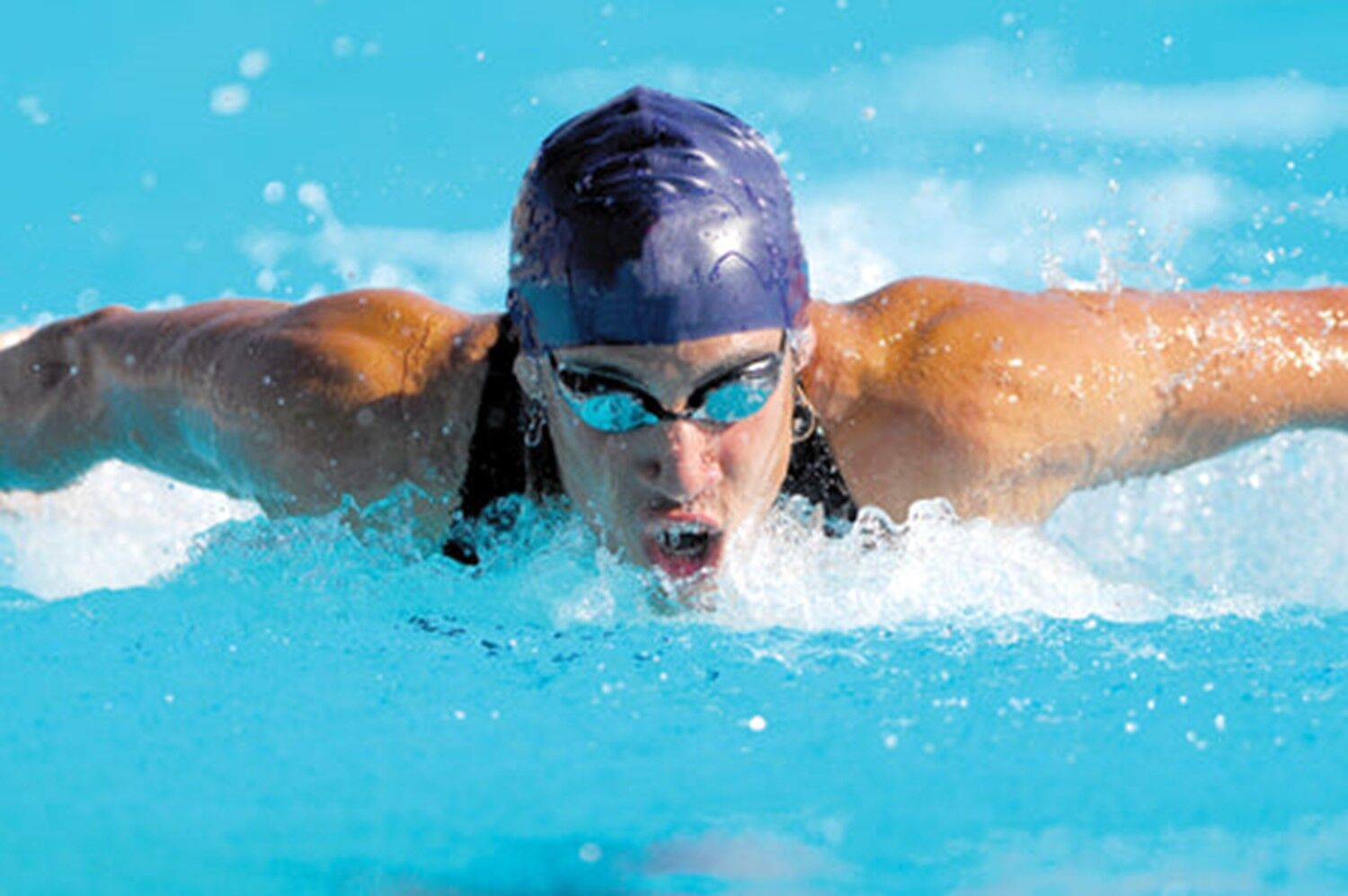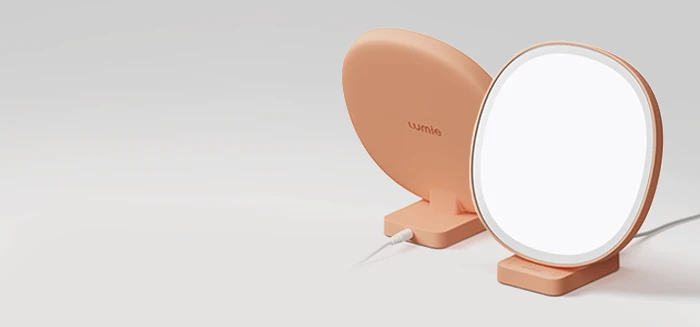Elite British Swimmers Going for Gold with Lumie Light Therapy

In 2015 the elite British Swimming team started to incorporate light therapy into their training regime; 30 Lumie Zest went to the national team camp in Vichy in France last May and then to the world championships in Kazan last summer. As Kazan is three hours ahead of BST this event was also an opportunity for the athletes to practice using light therapy to mitigate the adverse effects of jet lag. An additional 25 Lumie Zest have just been shipped out to Rio to ensure that all British Swimming athletes and staff have access to one during the Olympic Games.
Lumie Zest is a combination light therapy device offering a wake-up light and bright light in the one product. It’s also compact and lightweight making it suitable for travelling. Instead of being pulled from sleep by a shrill alarm, you are gently woken by a gradual sunrise of either 15 or 30 minutes’ duration. The light triggers the reduction of sleep hormones like melatonin and the production of get up and go ones like cortisol. You can then use the bright light function, which emits 2,000 lux at 50 cms, to give you a boost in mood and energy during the day as well as to shift your body clock forwards or backwards so you can perform optimally even if you have to race early or late in the day. 30 minutes’ treatment time is optimal but, as the light therapy is cumulative, it doesn’t have to be taken in one sitting.
In training last year, the British Swimming team used Lumie Zest both as a wake-up light and as a bright light. The wake-up function was also helpful in controlling the athlete’s afternoon naps, which are either a 20-minute power nap or one full sleep cycle, that is 90 minutes. The sunrise simulation and bright light were very useful for mitigating the sleep inertia that athletes can experience after naps.
The swimming athletes reported improvements in both their mood and energy. Their support team records their sleep patterns on a daily basis and they were impressed with the athletes’ ability to overcome the travel from London to Kazan and quickly get into a normal routine. Within two nights of being in Kazan, pretty much everyone on the team was reporting normal sleep patterns and normal sleep quality.
Looking ahead to the Olympics in Rio next summer, the 2-hour time zone difference and the late night finals schedule are going to be two key challenges for the team:




